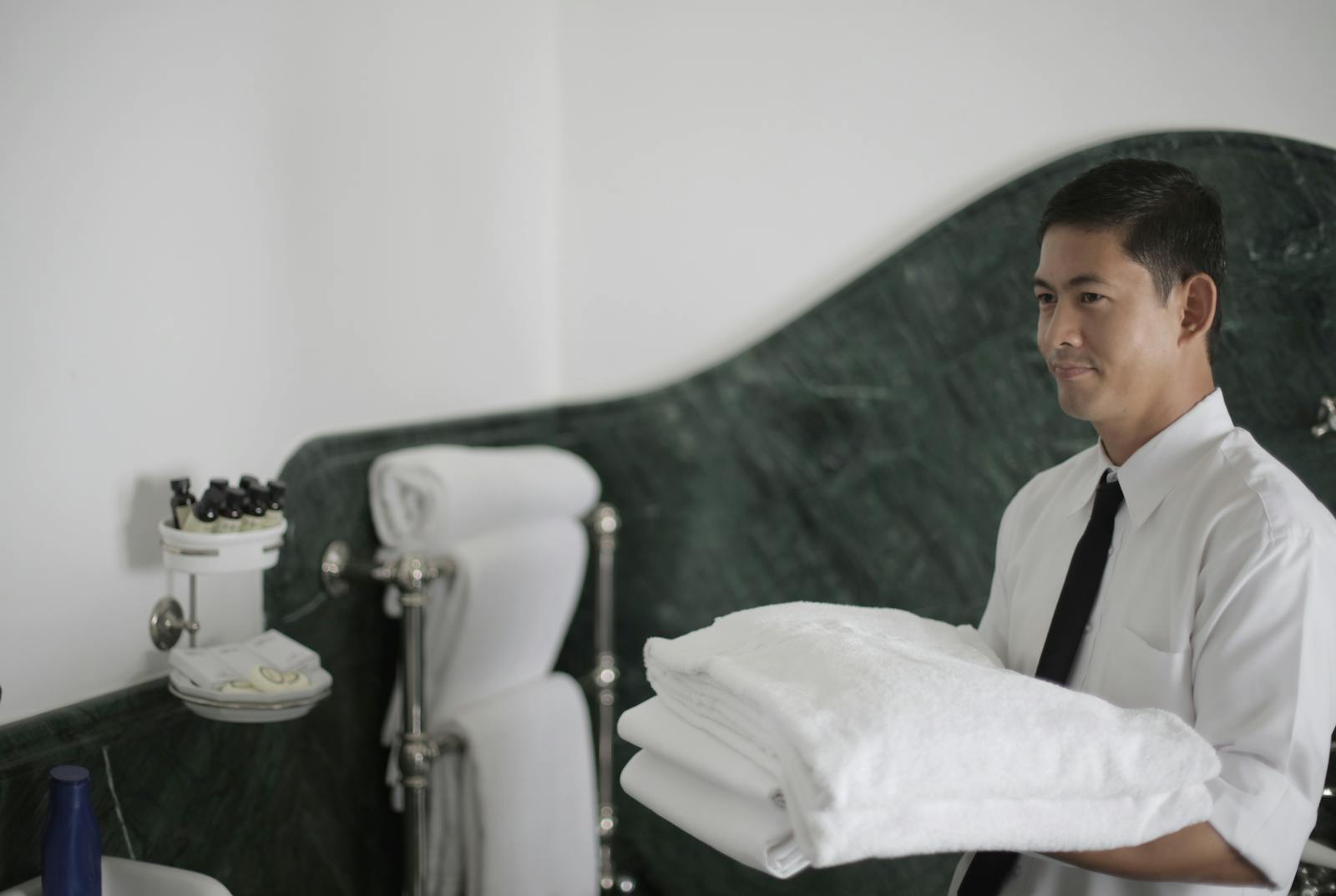
Palace Managers
A Palace Manager is a professional who oversees the operations and maintenance of a palace. This role involves a wide range of responsibilities, from managing staff and coordinating events to ensuring the preservation of the palace’s historical and cultural value. The Palace Manager is often the key liaison between the palace owners and the various departments that work within the palace, such as housekeeping, security, and guest services. They must have excellent organizational and leadership skills, as well as a deep understanding of the unique requirements and protocols associated with managing a palace.
The Daily Duties and Responsibilities of a Palace Manager
A palace manager, is a professional who oversees the daily operations of a royal or noble household. This role is steeped in tradition and requires a unique blend of skills, including management, diplomacy, and a deep understanding of protocol. The daily duties and responsibilities of a palace manager are diverse and multifaceted, encompassing everything from staff supervision to event planning.
One of the primary responsibilities of a palace manager is staff management. This involves hiring, training, and supervising a large team of employees, which may include butlers, maids, chefs, gardeners, and security personnel. The palace manager must ensure that all staff members perform their duties to the highest standard, maintaining the impeccable service and decorum expected in a royal or noble household. This requires excellent leadership and communication skills, as well as a keen eye for detail.
In addition to staff management, the palace manager is also responsible for overseeing the maintenance and upkeep of the palace. This includes ensuring that the building and its grounds are kept in pristine condition, coordinating repairs and renovations as necessary. The palace manager must also manage the household’s finances, which involves budgeting, accounting, and procurement. This requires a strong understanding of financial management and a meticulous approach to record-keeping.
Another key responsibility of a palace manager is event planning. Royal and noble households often host a variety of events, from intimate dinners to grand balls, and it is the palace manager’s job to ensure that these events run smoothly. This involves coordinating with caterers, florists, and other vendors, as well as overseeing the setup and cleanup. The palace manager must also ensure that all events adhere to protocol, which requires a thorough understanding of etiquette and tradition.
Furthermore, the palace manager often acts as a liaison between the household and the outside world. This involves managing the household’s public relations, handling correspondence, and coordinating with other households and institutions. The palace manager must therefore possess excellent diplomatic skills and a deep understanding of protocol.
Finally, the palace manager is responsible for ensuring the security of the household. This involves coordinating with security personnel, implementing security measures, and responding to any security incidents. The palace manager must therefore be vigilant and proactive, with a strong understanding of security principles.
The role of a palace manager is both challenging and rewarding. It requires a unique blend of skills, including management, diplomacy, and a deep understanding of protocol. The palace manager must be able to juggle a wide range of responsibilities, from staff supervision to event planning, all while maintaining the impeccable service and decorum expected in a royal or noble household. Despite the challenges, however, the role offers the opportunity to work in a unique and prestigious environment, making it a highly sought-after position in the field of hospitality management.



